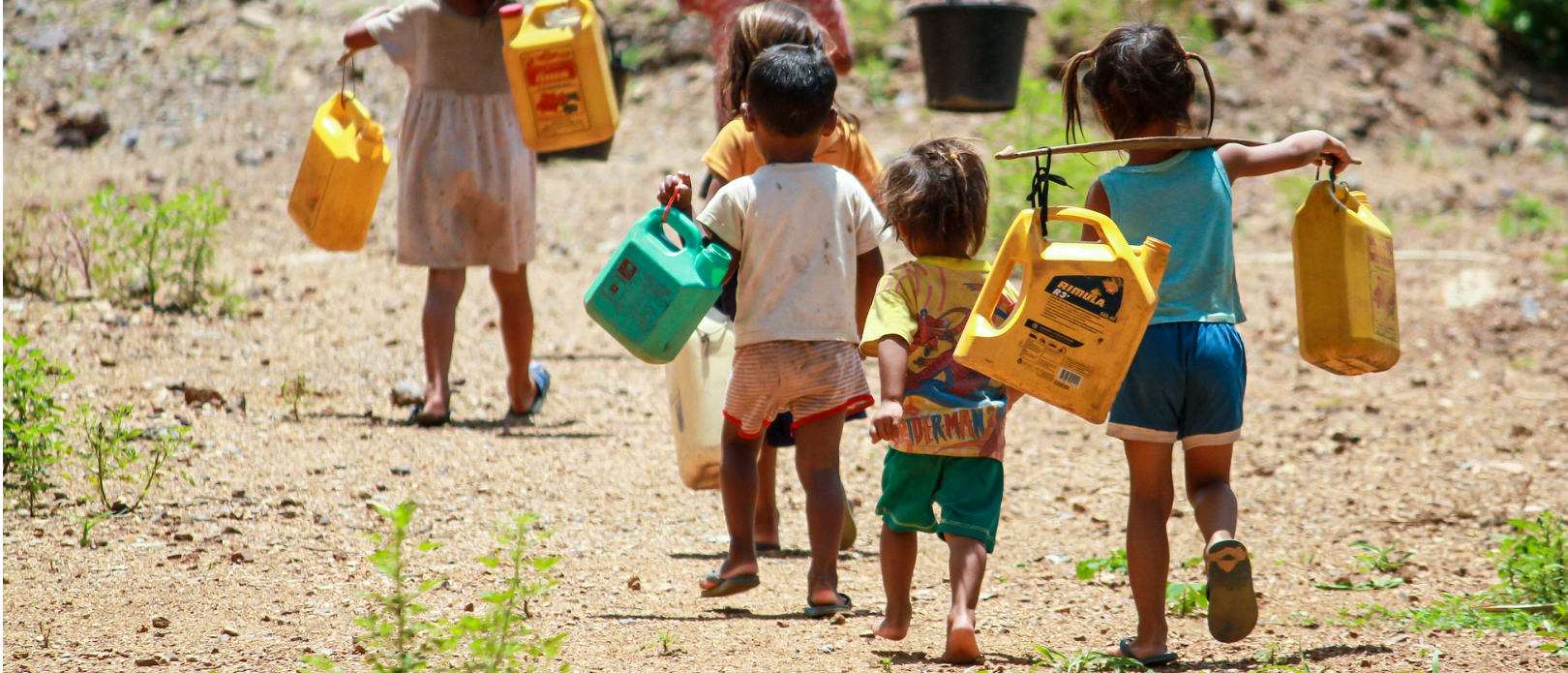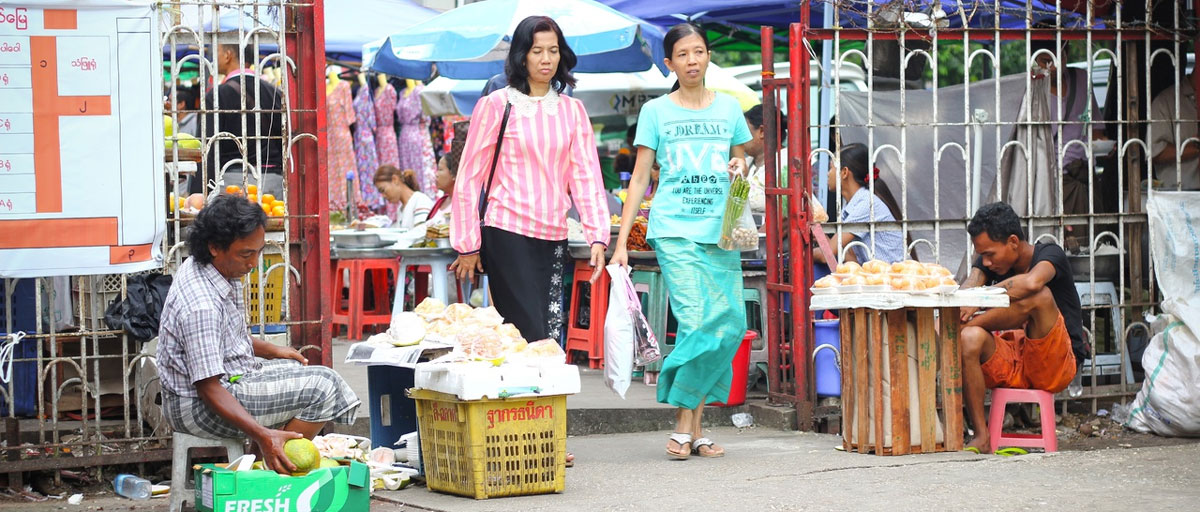
The Swedish International Development Cooperation Agency (Sida) has granted Stockholm Resilience Centre 107 million SEK to strengthen the centre’s efforts to integrate resilience into international development practice and policy. Photo: O. Henriksson/Azote
Redefining development
Introducing GRAID
GRAID was a programme funded by the Swedish International Development Cooperation Agency designed to bridge the worlds of resilience thinking and development practice
- GRAID will initially be funded for four years
- It will serve as a knowledge partner for Sida and the Global Resilience Partnership
- GRAID will focus on regions in the Sahel, Horn of Africa and South and Southeast Asia
There is a rising recognition of the need to integrate resilience as a core strategy for meeting development needs in an increasingly globalised world of social and environmental turbulence.
In recognition of this need, the Swedish International Development Cooperation Agency (Sida) granted Stockholm Resilience Centre 107 million SEK to strengthen the centre’s efforts to integrate resilience into international development practice and policy.
The money will be allocated under the "GRAID – Guidance for Resilience in the Anthropocene: Investments for development" programme for an initial four-year period.
The programme focused on regions in the Sahel, Horn of Africa, and South and Southeast Asia.
GRAID was a collaboration between the Stockholm Resilience Centre and Stellenbosch University and the Council for Scientific and Industrial Research in South Africa.
It was also a knowledge partner for the newly inaugurated Global Resilience Partnership (GRP) established by Sida, the Rockefeller Foundation and USAID.
GRAID briefs
Stewardship of the world's social-ecological systems Pdf, 949.5 kB.
Pdf, 949.5 kB.
Ecosystems matter for development in the Anthropocene Pdf, 3 MB.
Pdf, 3 MB.
Regime shifts in social-ecological systems Pdf, 965.3 kB.
Pdf, 965.3 kB.
Guidance for Resilience in the Anthropocene: Investments for Development Pdf, 3.2 MB.
Pdf, 3.2 MB.
Cross-scale challenges of the Anthropocene Pdf, 2.4 MB.
Pdf, 2.4 MB.
A resilience perspective on complexity and development Pdf, 1.7 MB.
Pdf, 1.7 MB.










